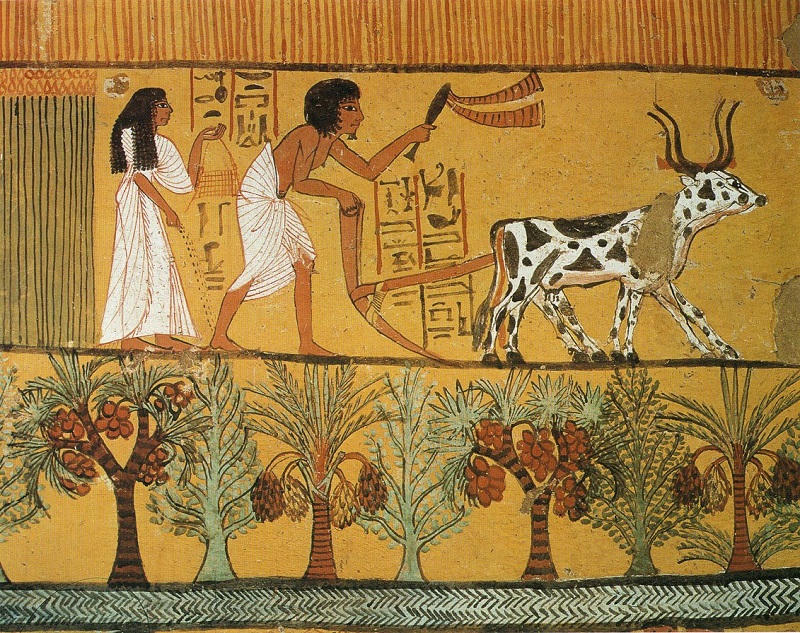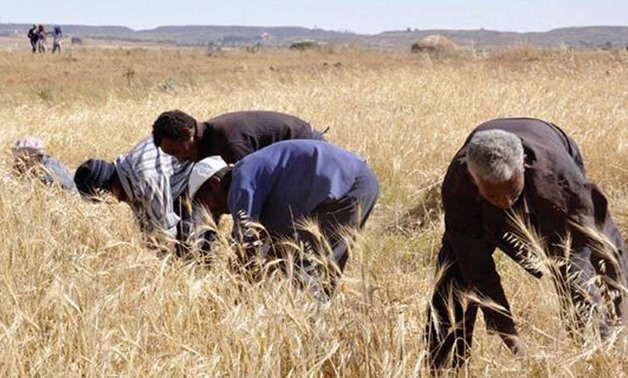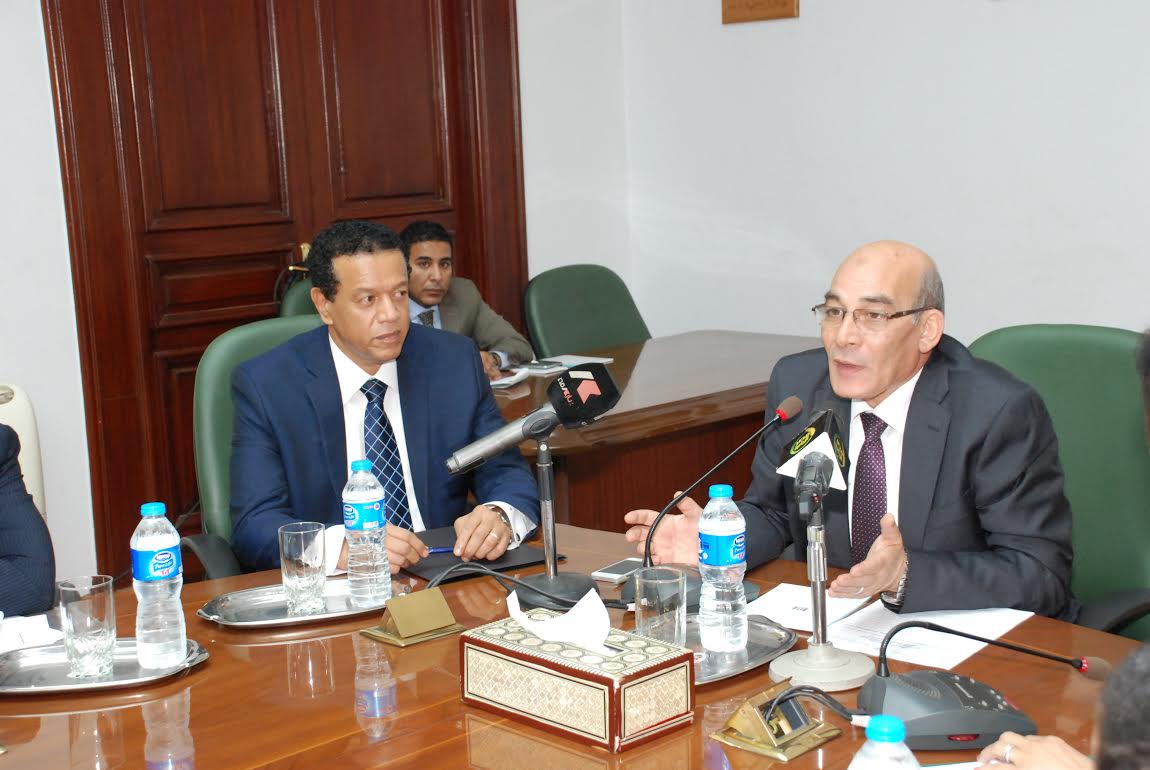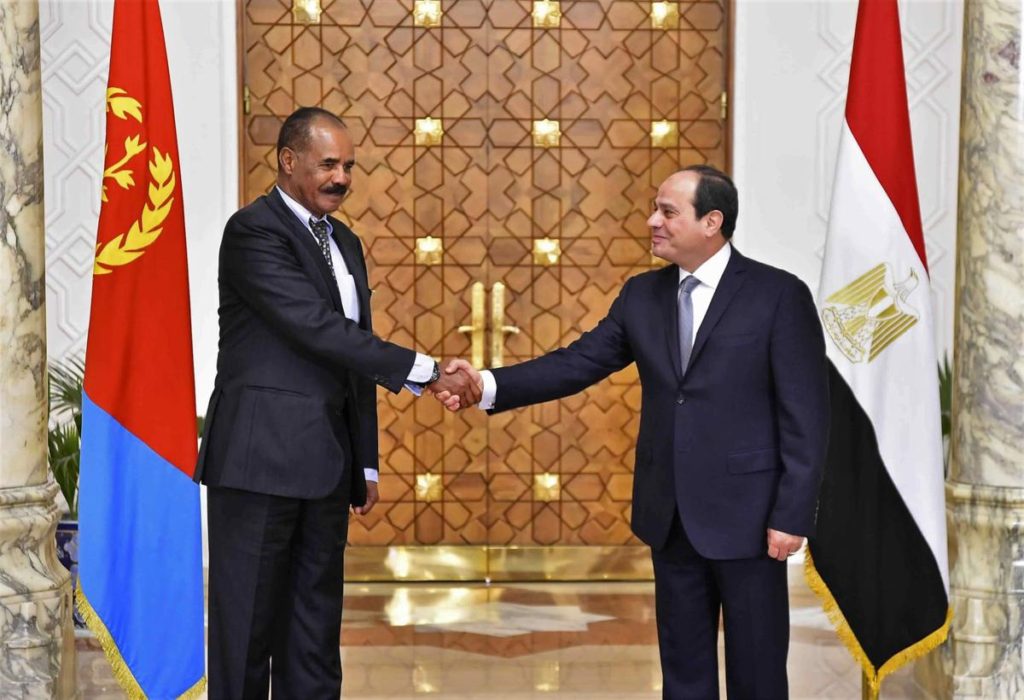By Kareem Sheta
Egyptians are accredited as one of the first groups of people to practice agriculture on a large scale. During Ancient Egyptian times, the natives developed basin irrigation and other ingenious farming methods that facilitated present cultivation of a colorful variety of crops such as sugar cane, cotton, soybean, and countless fruits and vegetables. Following the legacy of our ancestors, Egypt is currently installing a joint Egyptian-Eritrean farm in Eritrea having also executed six other similar projects in the Democratic Congo, Mali, Tanzania, Zambia, Niger, and Togo.

What do we need to know about joint farms? Firstly, it is the product of the cumulative efforts of 4 major parties: The Ministry of Agriculture & Land Reclamation (MOA), the Ministry of Foreign Affairs, the Ministry of International Cooperation, and the Egyptian Fund for Technical Cooperation with Africa. Secondly, the MOA provides African countries, especially those enlisted in the Common Market for Eastern and Southern Africa (COMESA), with Egyptian agricultural expertise. This valuable knowledge “enhances competitive ability of the African countries’ products and participate in increasing economic development rates. The farms are also considered permanent exhibitions displaying Egyptian scientific and technological progress in the field of agriculture.”

According to the Ministry of Agriculture, the main objectives of the project include:
- Realization of Egyptian presence in the African countries, which results in enhancing political, economic and inter-trade between Egypt and African Countries within the frame of African Union Organization & COMESA membership.
- Marketing Egyptian products to maintain a competitive advantage in the African markets in terms of price and quality.
- Advertisement for agricultural production requirements such as machinery, seeds, and fertilizers that are produced in Egypt and used in joint farms to promote exportation to African countries.
- Export of Egyptian food industries to African countries, so Egypt can eventually become a regional center for food industries and meet the needs of the African countries’ wide market.
- Obtaining raw materials necessary for Egyptian industry and agriculture from African countries.
- Provision of working opportunities for Egyptian graduates in Africa.

To quote HE Dr. Abdel Moneim El Banna, Minister of Agriculture,
“The joint Egyptian farm, located in the Horn of Africa, aims to strengthen Egyptian-Eritrean ties particularly in the agriculture field and meet the needs of the Eritrean side in terms of producing various crops through the transfer of Egypt’s agricultural technology.”



